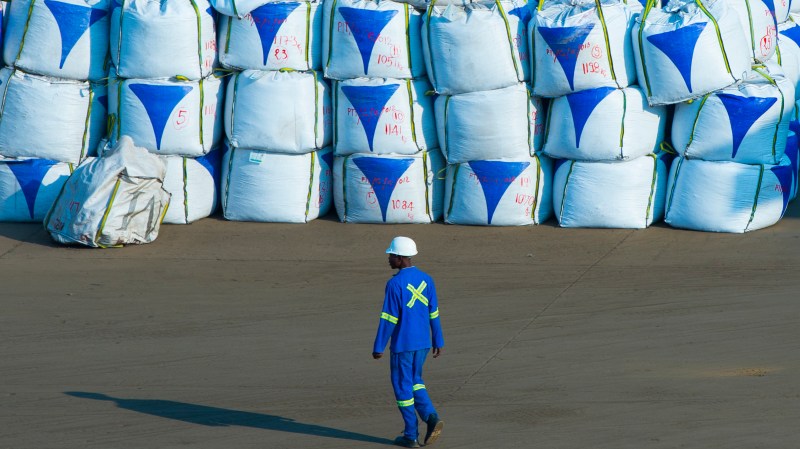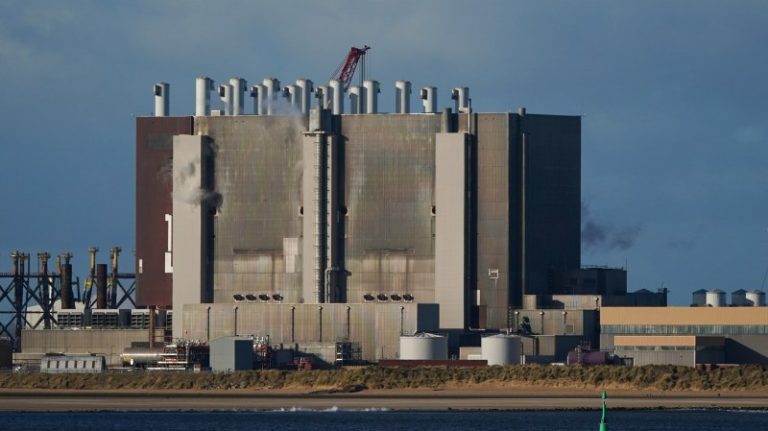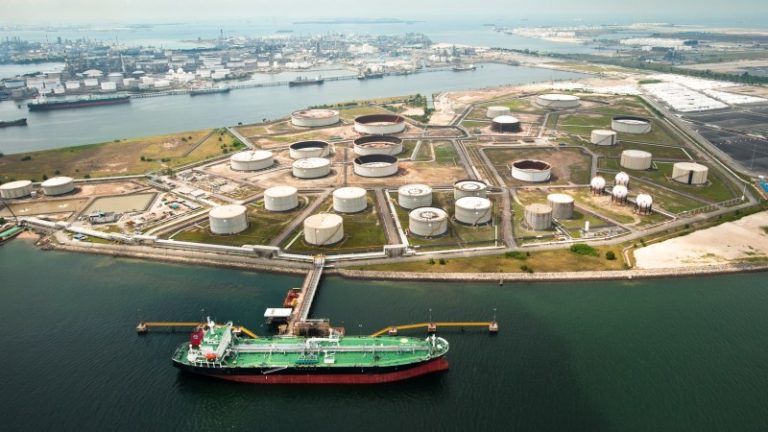Trafigura profits hit by easing in energy market turmoil
Profits for one of the world’s largest traders of oil and metals have tumbled by two thirds, highlighting the easing in the extreme commodity price volatility that has raged over the past three years.
Trafigura said calmer energy markets had caused its net profit to fall to $1.5 billion during the six months to the end of March, down from $5.5 billion in the same period last year. Revenue declined to $124.2 billion, from $131.3 billion.
However, profits for the Swiss commodities powerhouse were still the fourth highest on record, boosted by a 15 per cent rise in trading volumes of crude oil, natural gas and other petroleum products to 7.2 million barrels a day.
The fall in profits comes after a period of record earnings for energy companies, generated by the leap in commodities prices triggered by the war in Ukraine.
Trading in non-ferrous metals, which include copper, aluminium and lead, was flat at 10.4 million tonnes, but bulk mineral volumes rose by 25 per cent to 54.7 million tonnes on the back of a rise in iron ore trading activity in Australia and India.
Jeremy Weir, 60, Trafigura’s chief executive, said that of late there had been a “less stressed environment” in commodities markets. However, they remained vulnerable to sudden shocks and price rises as supply disruptions persisted, in part because of attacks on shipping by Iran-backed, Yemen-based Houthi rebels in the Red Sea.
Trafigura is one of the world’s biggest commodities trading houses, making a record profit of $7.4 billion in 2023. It was founded in 1993 by Claude Dauphin, who became a billionaire through its success, and it remains owned by 1,200 senior employees. They shared a $660 million dividend for the first six months of the year.
This year the company announced a shake-up of its management team for the second time in only seven months, with Christophe Salmon, its finance chief, and José Maria Larocca, an executive director, stepping down this summer.
The company was hit by $356 million in impairments, partly relating to its oil-refining business in Papua New Guinea. However, it did not record any further charges from the fallout of a nickel trading scam that rocked metals trading markets last year. This week, the company confirmed that it had settled a lawsuit with the billionaire Reuben brothers over a cargo of nickel sold to them that was part of a high-profile fraud. The brothers brought the case through their Hyphen Trading company and were seeking the $8.4 million that it had paid for the metal, plus costs and interest. Trafigura declined to comment on the settlement amount.






